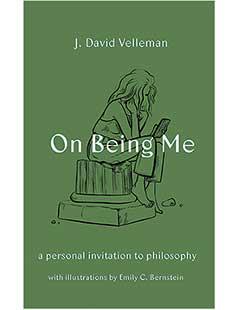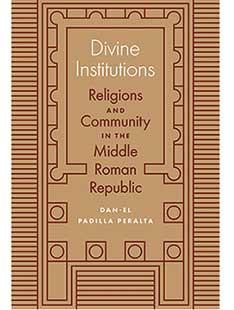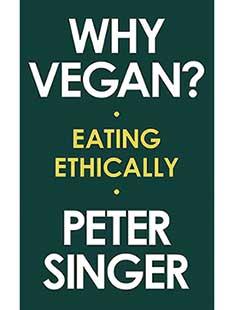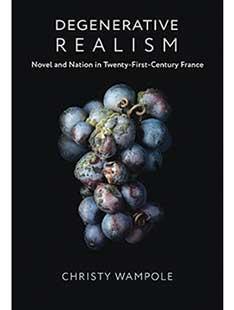While most scholars focus on Giovanni Piranesi’s etchings and artwork, Heather Hyde Minor and Carolyn Yerkes, associate professor of early modern architecture, instead draw attention to his work as maker of books in Piranesi Unbound (Princeton University Press). Drawing on new research, the authors reveal new insight into Piranesi’s readers and ways in which his books were used.
On Being Me (Princeton University Press) is an accessible collection of essays about using philosophy to contemplate a wide avenue of human concerns such as death, love, and regret. Written by moral philosopher J. David Velleman *83, the book, which is illustrated by Emily C. Bernstein, presents an invitation to use philosophy in moments of need.
Dan-el Padilla Peralta ’06 integrates archaeology, anthropology, and sociology in Divine Institutions (Princeton University Press) to argue that religion held the ancient Roman community together as it underwent vast political and cultural change while expanding into an empire. Padilla Peralta shows how religious observance was a prime strategy for uniting Romans of many different backgrounds.
Peter Singer, professor of bioethics, has challenged meat-eating for more than 40 years. In Why Vegan? Eating Ethically (Liveright), Singer presents a collection of the most influential essays of his career to condemn the consumption of animal products on the basis of the environment, public health, and animal rights.
Degenerative Realism: Novel and Nation in Twenty-First-Century France (Columbia University Press) by French professor Christy Wampole examines a new trend in bestselling French novels that use the realist genre in a style she calls “degenerative realism.” These novels represent a range of fears — from immigration and demographic change to new technologies and globalization — that often form the backdrop for a dystopian breakdown of societies.











No responses yet